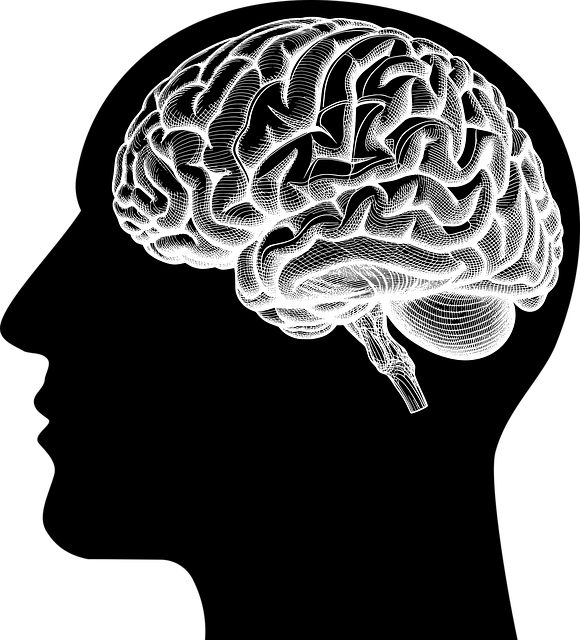Greenwood Village Developmental Disability Therapy offers specialized care for individuals with developmental disabilities who have experienced trauma. Through tailored interventions, creative communication methods, and evidence-based practices like cognitive behavioral therapy and mindfulness, they create safe environments to promote emotional healing and build resilience. Their holistic approach integrates community outreach, healthcare provider wellness programs, and public awareness campaigns to ensure comprehensive well-being and long-term positive outcomes for their clients.
Trauma support services are crucial for individuals with developmental disabilities, who often face unique challenges. This article explores how Greenwood Village, a pioneering provider of developmental disability therapy, navigates specialized care. We delve into the profound impact of trauma on this population and highlight key components of effective support. Additionally, we discuss strategies to expand access to trauma-informed care in the community, emphasizing the vital role of centers like Greenwood Village in fostering holistic well-being.
- Understanding Trauma and Its Impact on Individuals with Developmental Disabilities
- The Role of Greenwood Village in Providing Specialized Therapy Services
- Key Components of Effective Trauma Support for This Population
- Strategies for Expanding Access to Trauma-Informed Care in the Community
Understanding Trauma and Its Impact on Individuals with Developmental Disabilities

Trauma, whether experienced in early childhood or later life, can significantly impact individuals with developmental disabilities. These individuals often face unique challenges when navigating trauma due to their specific cognitive and emotional needs. For instance, a traumatic event might manifest differently in someone with autism spectrum disorder (ASD) compared to neurotypical individuals, leading to complex behaviors that can be both internal and external.
Greenwood Village Developmental Disability Therapy emphasizes the importance of tailored support services. Therapists utilize specialized communication strategies to create safe spaces for clients to express their experiences and emotions. By implementing community outreach programs and burnout prevention strategies for healthcare providers, therapists foster an environment conducive to healing. These approaches ensure that individuals with developmental disabilities receive comprehensive care that addresses both their disability and any underlying trauma, promoting long-term well-being.
The Role of Greenwood Village in Providing Specialized Therapy Services

Greenwood Village stands out as a beacon of hope for individuals navigating trauma and developmental disabilities. The organization offers specialized therapy services designed to cater to unique needs, focusing on inner strength development through tailored interventions. By fostering empathy building strategies, Greenwood Village enables clients to process emotional healing processes effectively.
Through its dedicated programs, the village provides a safe space where residents can explore their experiences, build resilience, and develop coping mechanisms. The holistic approach incorporates various therapeutic modalities, ensuring personalized care that respects individual differences. This specialized support is crucial in helping those with developmental disabilities overcome trauma, promote self-awareness, and achieve lasting well-being.
Key Components of Effective Trauma Support for This Population

Effective trauma support for individuals with developmental disabilities requires a multifaceted approach tailored to their unique needs. At Greenwood Village Developmental Disability Therapy, we prioritize the following key components to ensure holistic healing and improved quality of life. Firstly, creating a safe and supportive environment is paramount. This involves establishing trust through consistent, empathetic care, ensuring physical safety, and fostering a sense of control and autonomy within reasonable boundaries.
Secondly, incorporating evidence-based practices that focus on mind over matter principles can significantly enhance recovery. Techniques such as cognitive behavioral therapy (CBT), mindfulness exercises, and trauma-focused yoga help individuals process and manage traumatic memories while promoting mental wellness. Additionally, building confidence through skill development and goal achievement plays a crucial role in empowering individuals to navigate their recovery journey with resilience and self-assurance.
Strategies for Expanding Access to Trauma-Informed Care in the Community

Expanding access to trauma-informed care within communities is a multifaceted strategy aimed at enhancing support for individuals affected by traumatic events. One key approach involves integrating trauma-focused services into existing community healthcare infrastructure, such as primary care clinics and local mental health centers. By ensuring these services are readily available, Greenwood Village Developmental Disability Therapy can play a pivotal role in early intervention and long-term recovery. This includes implementing specialized training for healthcare providers to recognize and respond appropriately to traumatic stress reactions, fostering an environment of cultural competency.
Additionally, Public Awareness Campaigns Development can significantly contribute to destigmatizing mental health issues and encouraging individuals to seek help. Educational initiatives targeting both the general public and specific communities can provide Crisis Intervention Guidance, empowering people to identify trauma symptoms and access available resources. Such strategies collectively work towards creating a supportive ecosystem where trauma-informed care becomes an integral part of community wellness, ensuring better outcomes for those navigating the challenges of traumatic experiences.
Trauma support services are crucial for individuals with developmental disabilities, and organizations like Greenwood Village play a vital role in providing specialized therapy. By understanding the unique impact of trauma on this population, we can implement effective strategies to expand access to trauma-informed care within the community. Integrating these key components ensures that everyone receives the necessary support to heal and thrive. Moving forward, it’s essential to continue developing and promoting these services to create a more inclusive and compassionate environment for those affected by trauma and developmental disabilities.














